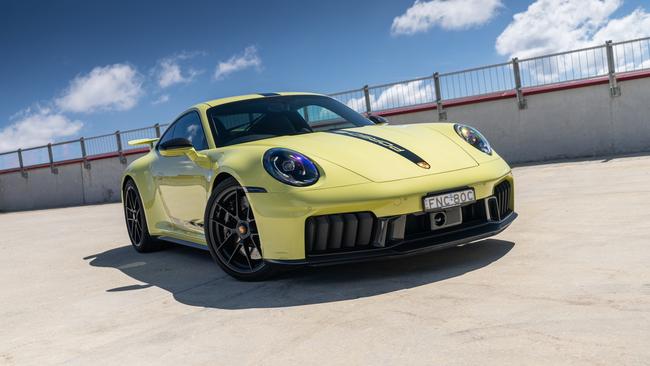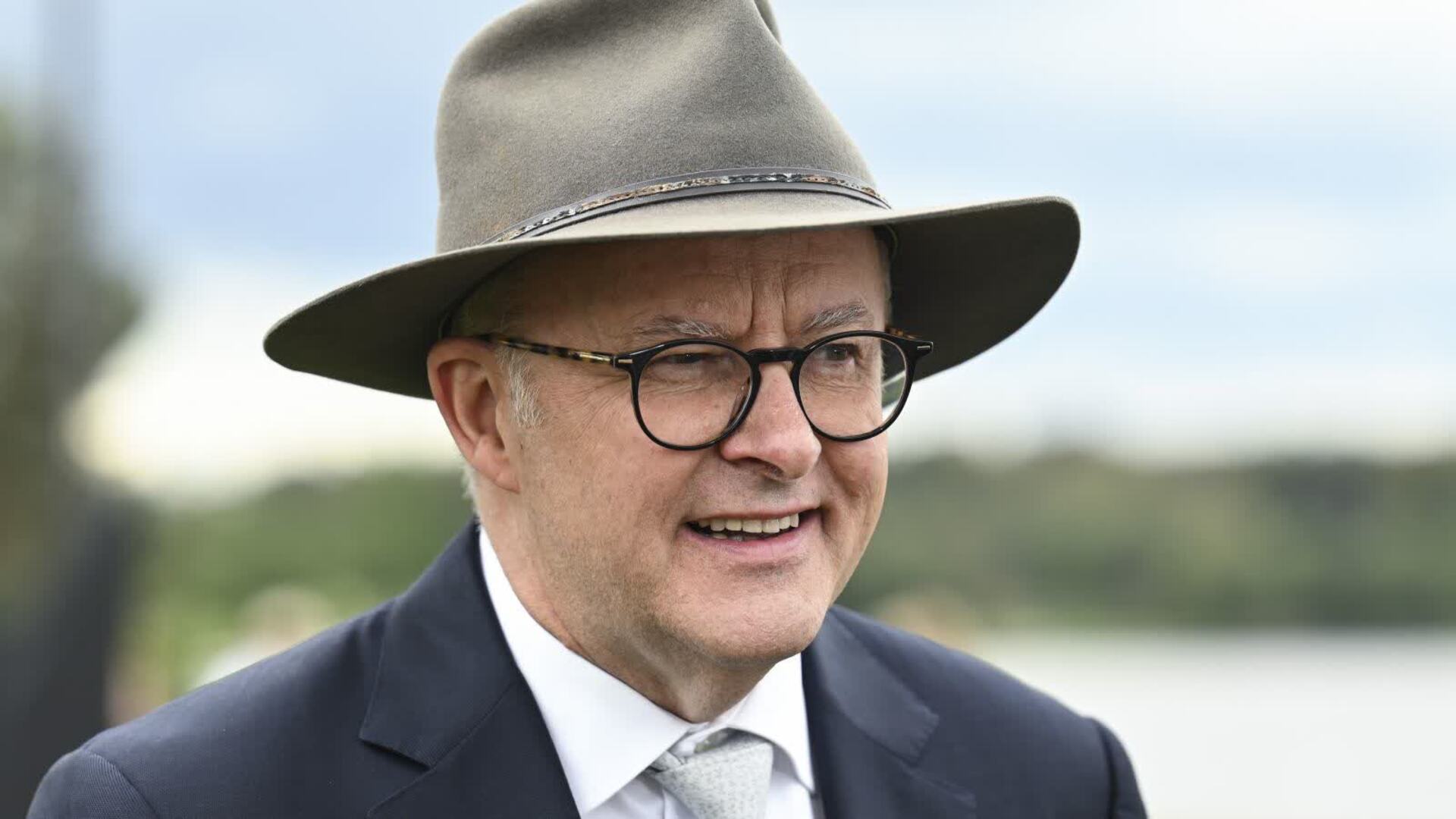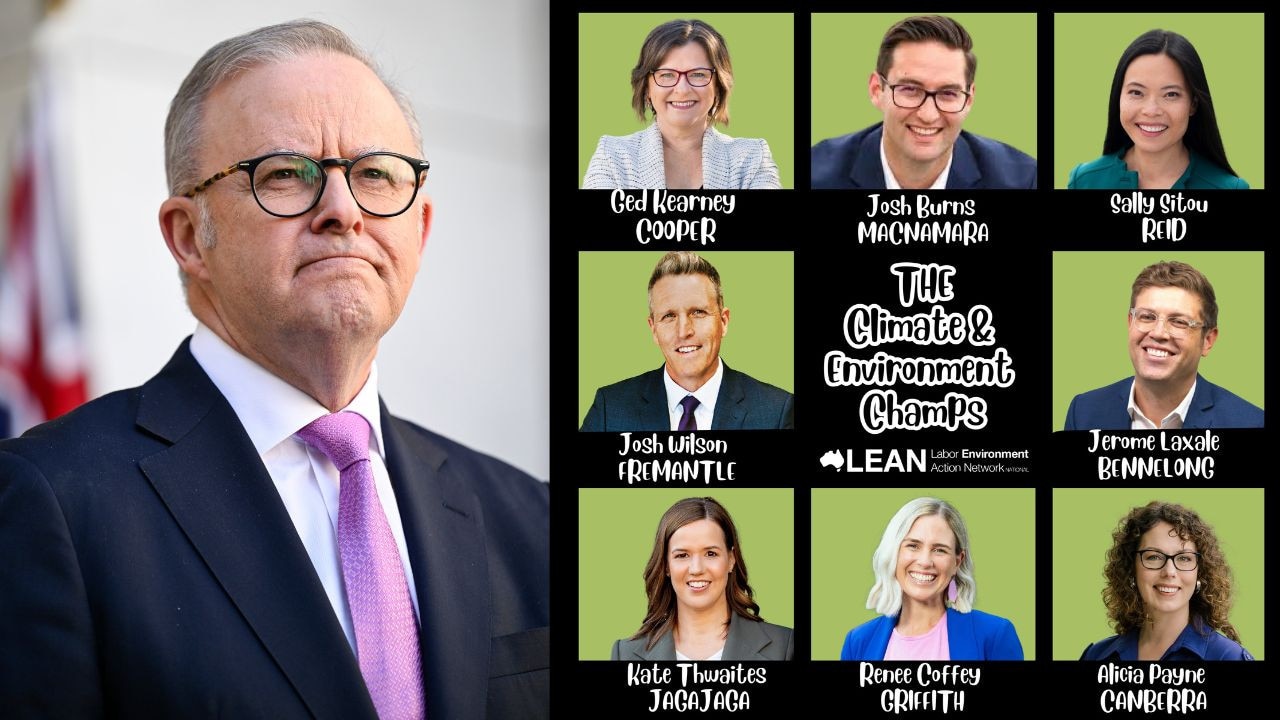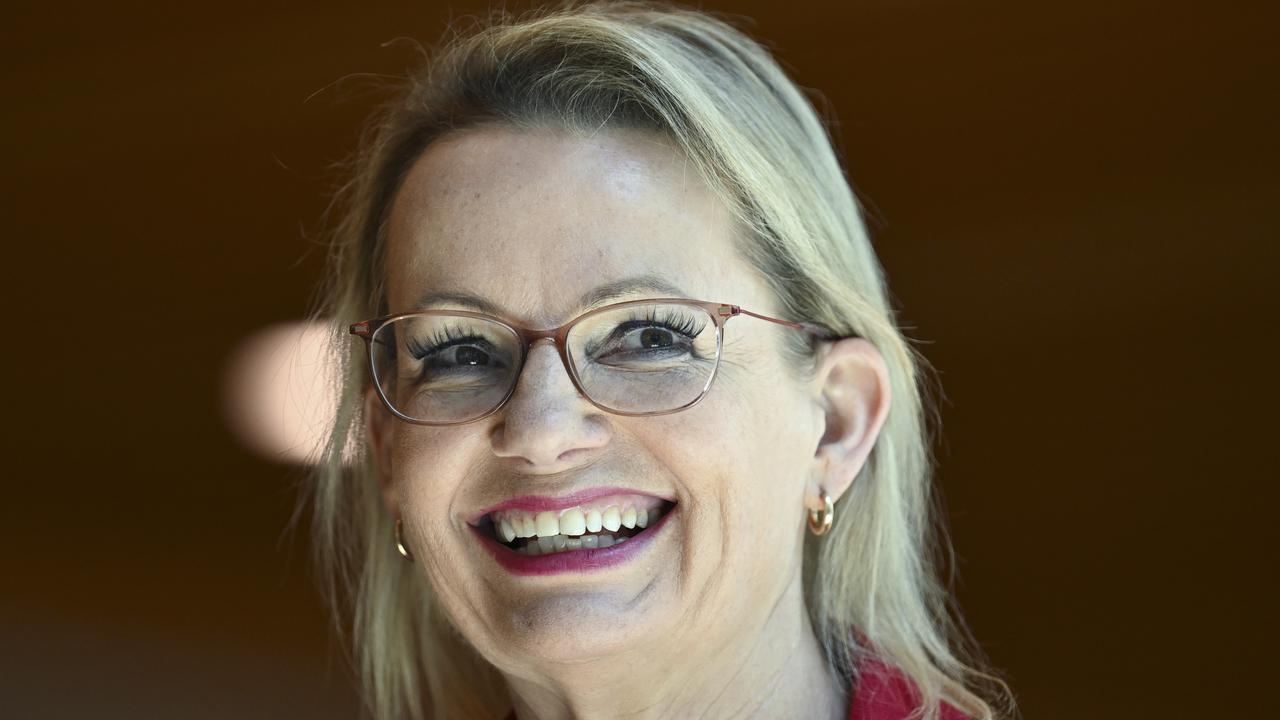State car tax threat to EU trade deal with Australia
The Albanese government’s bid to secure a trade deal with the EU by dumping the federal luxury car tax could be impeded by state versions of the tax.

The Albanese government’s bid to secure a trade deal with the EU by dumping the federal luxury car tax could be impeded by versions of the levy charged by the heavily indebted Victoria and Queensland governments.
The Australian revealed this week that the government was prepared to scrap the tax in return for better access for Australia’s agricultural exports to the EU’s 450 million consumers. The move would also be welcomed by the US and India, amid trade negotiations with Washington and New Delhi.
However, tax experts said such a deal could come unstuck if EU trade negotiators deemed Queensland and Victoria’s luxury car taxes as unfair imposts on their car exports.
K&L Gates partner Matthew Cridland said there could be a problem with negotiations if the state LCTs were maintained, escalated or introduced by other states.
“If states do impose their own form of luxury car tax, it is unclear whether the EU may view that as breaching any agreement with the federal government to abolish LCT,” Mr Cridland said.
He noted that the state luxury car taxes could be considered unconstitutional, with one state duty set to come under scrutiny this week in the High Court for allegedly breaching international tax treaties, according to the German investors who initiated the case.
Victoria, NSW, South Australia and Western Australia have all intervened in the case, as the decision will have implications for their duties. “Queensland is currently the subject of a High Court challenge concerning whether its surcharge land tax, which is imposed on foreign companies that own land in that state, breaches Australia’s international tax treaty with Germany,” Mr Cridland said.

“Similar issues could arise with respect to state-based taxes that seek to replace the federal LCT if it is abolished.”
Trade Minister Don Farrell and EU Trade Commissioner Maros Sefcovic agreed to restart stalled FTA negotiations in a call just weeks before the election, to cushion the blow from Donald Trump’s trade war. Senator Farrell is also determined to finalise an upgraded FTA with India, offering priority access to Australia’s critical minerals and domestic labour market to get the deal across the line.
The federal LCT, which raises about $1.2bn a year, adds 33 per cent to the price of a car above $91,387 for fuel-efficient vehicles, and above $80,567 for other cars.
The tax has been put on the table as a bargaining chip in the EU negotiations, but the government is considering the broader abolition of the duty rather than an EU-only exemption. The EU would have to overcome objections from Europe’s powerful farm lobby to deliver a better deal than in 2023, when market access for Australian beef, mutton, lamb and sugar were among the final sticking points.
Australians buy about 124,000 cars from the EU each year, at least half of which are believed to attract the luxury car tax. Of the nearly 36,000 US-made cars imported into Australia, about 11,000 are hit with the tax.
Australian Automotive Dealers Association chief executive James Voortman said the government’s use of the tax in the EU negotiations was encouraging.

“The AADA has been calling for the abolishment of LCT for over 20 years,” he said. “It is an outdated tax that penalises consumers and Australian businesses, which has now turned into a barrier with our longstanding trading partners.”
National Farmers Federation president David Jochinke said primary producers supported the government’s decision to walk away from FTA negotiations with the EU in 2023 because the proposed deal “simply wasn’t good enough”.
The offer would only have granted them limited access to the EU market and farmers did not support the EU’s push for a ban on their use of common food names including brie, prosecco and parmesan, he said.
Mr Jochinke said farmers were ready to get back to the table, but any deal “must be fair and balanced, with real gains for Australian agriculture at its core”.
“We welcome reports the government is looking at ways to improve access for Australian agriculture, and we support those efforts,” he said.
“But this isn’t just any deal. It’ll shape trade between Australia and Europe for decades.
“From our point of view, recent global trade disruptions shouldn’t mean we lower the bar. If anything, they prove how important it is to get this right, getting a strong, fair agreement that benefits both sides.”




To join the conversation, please log in. Don't have an account? Register
Join the conversation, you are commenting as Logout